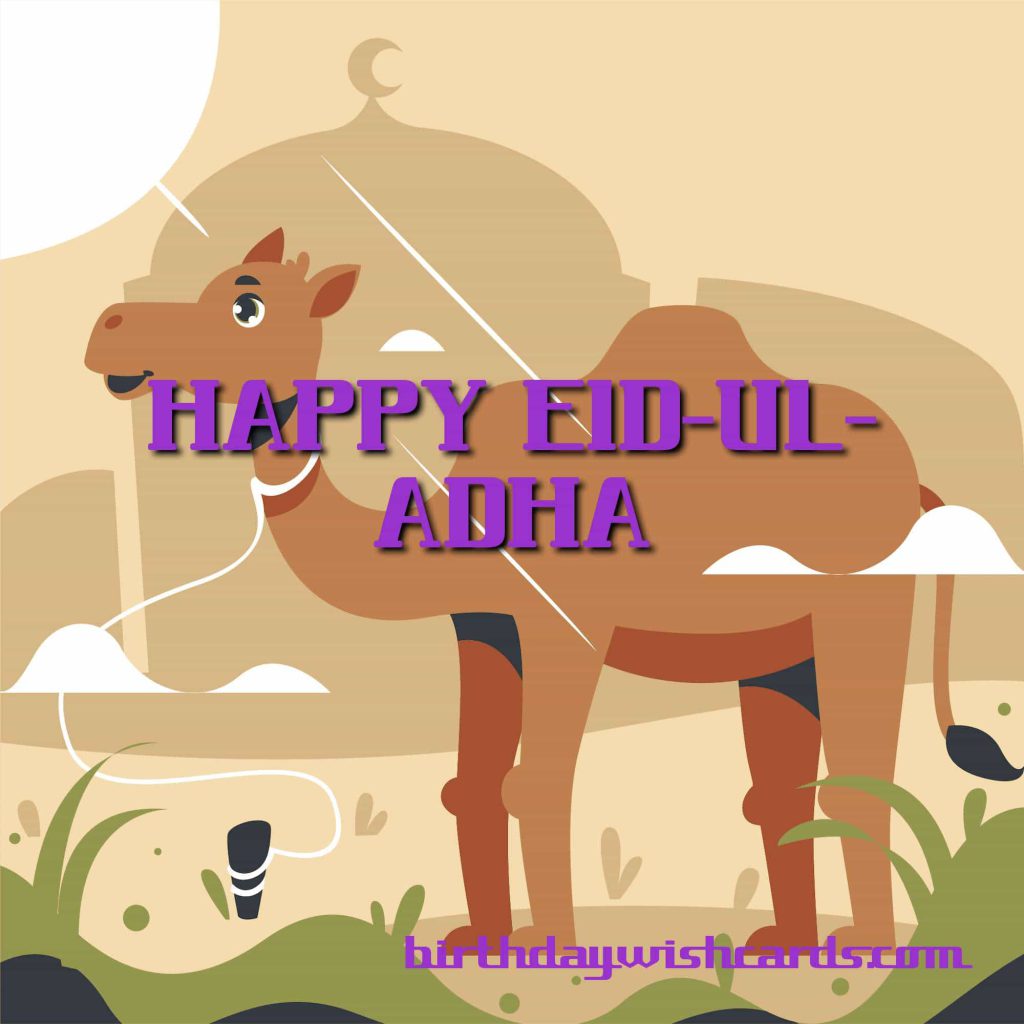
Eid-ul-Adha: The Festival of Sacrifice
Eid al-Adha, also known as the Festival of Sacrifice, is one of the most significant Islamic holidays, celebrated by nearly 1.6 billion Muslims around the world. This three-day festival marks the culmination of the annual Hajj pilgrimage and commemorates the unwavering faith and devotion of Prophet Ibrahim (Abraham) to Allah. Deeply rooted in Islamic tradition, Eid-ul-Adha centers on the ritual sacrifice of an animal, which is then divided into three equal parts: one for the family, one for friends and relatives, and one for those in need.
The Significance of Eid-ul-Adha
Eid-ul-Adha is observed on the tenth day of Dhu al-Hijjah, the final month of the Islamic lunar calendar. Before the festival, Muslims from across the globe gather to perform Hajj, one of the five pillars of Islam, at the sacred Kaaba in Mecca. The festival begins with a special Eid prayer, which is considered wajib (compulsory) and consists of two units (rakats) with additional takbirs (pronouncements of “Allahu Akbar”). These prayers are an expression of gratitude to Allah for His countless blessings.
The Story Behind Eid-ul-Adha
The origins of Eid-ul-Adha are found in a profound story from the Quran involving Prophet Ibrahim and his son Ismail. According to Islamic teachings, Allah commanded Ibrahim to sacrifice his beloved son as a test of faith. Despite the immense challenge, Ibrahim remained obedient and prepared to fulfill Allah’s command. At the pivotal moment, Allah intervened and replaced Ismail with a ram, sparing his son’s life. This act demonstrated Ibrahim’s absolute devotion and submission to Allah’s will.
The Quran recounts this momentous event:
“And when he (Ismail) was old enough to walk with him (Ibrahim), he said, ‘O my son! I have seen in a dream that I am sacrificing you, so see what you think.’” (Quran, 37:102)
The Deeper Meaning of Sacrifice
It is important to note that the sacrifice performed during Eid-ul-Adha is not intended as a means of purification from sins, as is sometimes misunderstood. Rather, it symbolizes obedience, submission, and piety towards Allah. The true essence lies in the sincerity and devotion behind the act, not in the physical offering itself. This is emphasized in the Quran:
“It is neither their meat nor their blood that reaches Allah; it is your piety that reaches Him.” (Qur’an 22:37)
The Economic Impact of Eid-ul-Adha
Eid-ul-Adha also has a significant economic impact, especially in countries with large Muslim populations. In Pakistan, for example, the festival generates economic activity worth approximately Rs. 450 billion. During the Eid season, around 70 million animals are sacrificed, boosting the livestock trade and related retail sectors. This surge in activity benefits about 40% of small agricultural businesses in rural areas.
Moreover, the meat from these sacrifices is distributed to approximately 45 million people in need, providing vital nutrition and support to underprivileged communities. This tradition helps bridge the gap between urban wealth and rural livelihoods, making Eid-ul-Adha a festival of compassion and social solidarity.
Global Poverty and the Importance of Charity
Despite the generosity displayed during Eid-ul-Adha, severe poverty remains a pressing global challenge. According to recent data, nearly 10% of the world’s population lives on less than $1.90 a day, with more than half of these individuals residing in just five countries: India, Nigeria, the Democratic Republic of Congo, Ethiopia, and Bangladesh. This stark reality underscores the importance of the charitable aspect of Eid-ul-Adha, as sharing meat with the needy brings relief and joy during the festival.
For many in need, the annual ritual of sacrifice is a much-anticipated occasion, providing a rare opportunity to enjoy a nourishing meal. However, the demand often exceeds supply, highlighting the ongoing need for generosity and community support at this time.
Eid-ul-Adha Traditions and Celebrations
The celebration of Eid-ul-Adha is rich with customs and practices that vary across cultures but share common themes of faith, charity, and community. Families gather for prayers, feasting, and the distribution of meat. The festival is also a time for reflection on the values of sacrifice, obedience, and compassion.
Below are some images capturing the spirit and vibrancy of Eid-ul-Adha festivities:
” />
” />
” />
” />
” />
” />
” />
Conclusion
Eid-ul-Adha is a profound celebration that embodies faith, sacrifice, and generosity. It commemorates the unwavering devotion of Prophet Ibrahim and serves as a reminder of the importance of obedience to Allah and compassion towards others. Beyond its spiritual significance, the festival fosters economic activity and supports millions of people living in poverty through the distribution of sacrificial meat.
As one of the most important festivals in the Islamic calendar, Eid-ul-Adha continues to unite Muslims worldwide in a shared expression of gratitude and charity.




